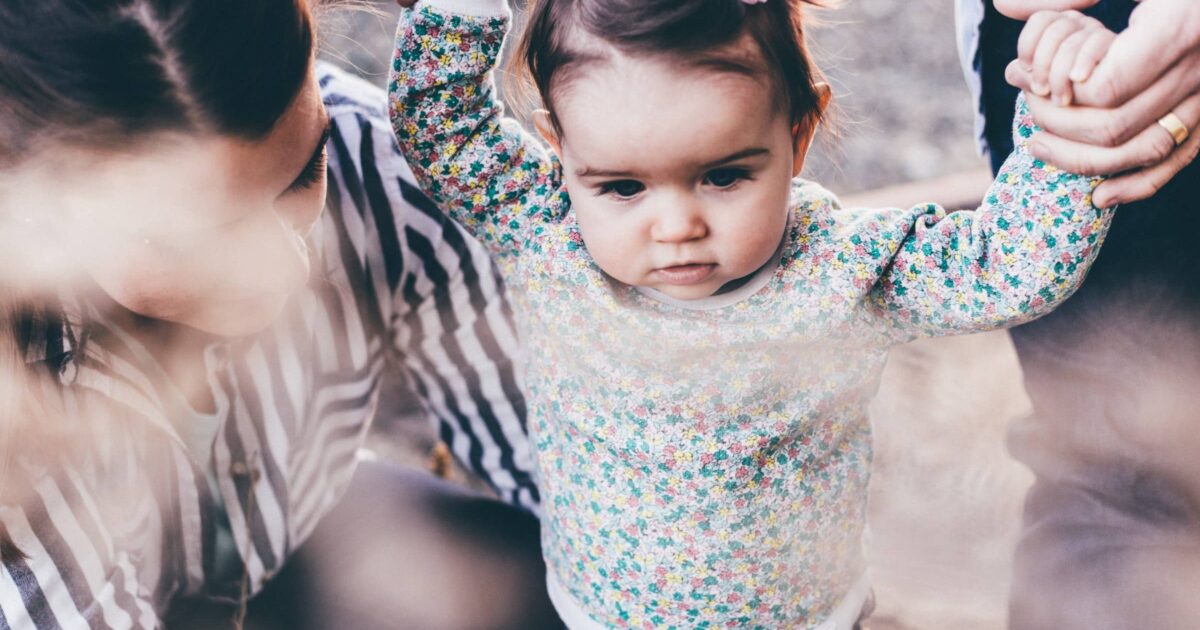“Be who you needed when you were younger.” —Brad Montague
It’s easy to see the faults in others but difficult to see the places where we fall short in our own lives.
We are so sure that life would be better if “he didn’t act like that,” if “she didn’t say those things,” or if “only my boss would start being more ________.”
On a larger scale, we are quick to think society would be better if those people would be less selfish, less greedy, less argumentative, more thoughtful, or would just see things the way I see them.
Because it’s easy to see the faults in others but not ourselves, we are quick to point out the room for improvement in others, but slow to see the blindspots in our own lives.
The powerful old adage goes like this, “Be the change you want to see in the world.”
This quote is often read to inspire positive change, as in “Be the first to start doing the good you want others to do.” And that’s true.
But the other side of the coin is equally important, “If you want others to stop a negative, harmful behavior in their lives, begin by addressing it in your own life.”
These aren’t words we usually like to hear. But they are important. Positive change only happens when we become intentional in trying to address it.
Brad Montague is famous for once saying, “Be who you needed when you were younger.”
His statement of life mission is a powerful way to see the world that can change how we see ourselves.
And it can be helpful in discovering the blindspots in our lives.
We all want to model and pass on positive behaviors to our kids and others.
To do that, it can be helpful to study the lessons we want to teach our kids, and use them as a mirror into ourselves.
Here are a few powerful examples:
We encourage our kids to share.
But how readily do we share our money and possessions with others?
We encourage our kids to not be envious of others.
But how often are we jealous of the neighbor or co-worker with the bigger home, larger paycheck, newer car, or more luxurious vacation?
We encourage our kids to not talk bad about others.
But how often do we speak ill of others behind their back? Or equally damaging, spread gossip?
We tell our kids to clean their room.
But how frequently do we leave our rooms in the house cluttered and disheveled?
We counsel our kids to not waste money and save for something special.
But are we setting a good example as parents living within our means and not wasting money?
We teach our kids to “talk to the new kid at school.”
But do we walk over and introduce ourselves to the neighbor?
We tell our kids to play fewer video games.
But how many evenings do we spend watching television or scrolling social media?
We tell our kids to read.
But rarely pick up a book ourselves.
We hope our kids will take responsibility for their actions.
But then blame circumstances for our decisions.
We encourage our kids to be honest.
But change the truth at work and home to fit our needs.
We teach our kids about the importance of forgiveness.
But how many years have we held a grudge against that one family member?
We encourage our kids to not complain and be happy for what they have.
All while wishing the circumstances of our lives were somehow different.
I write these words as guilty as any. There are no perfect humans.
But I believe every single one of us wants to live our best life. And every single one of us wants to live in a society that is benefiting all.
And maybe the best way to do that, is to start looking closer at the lessons we want to see in our kids.
